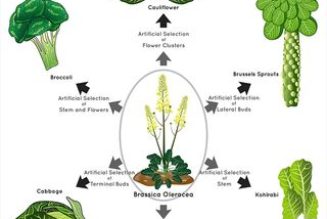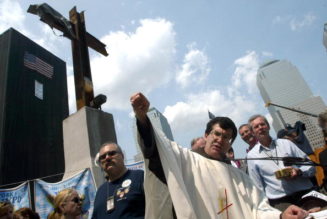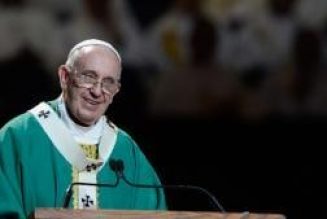Let’s do an Occam’s Razor on this new Motu Proprio.
It seems pretty simple to me:
A number of bishops wanted the tools to restrict celebration of the Traditional Latin Mass, and Pope Francis gave it to them.
There you go.
I mean, we can talk history, ecclesiology, theology and liturgy all day long, but that’s about as basic as it gets or needs to be. I was there. Well, not literally, but I can tell you that this generation of clergy and church activists – now maybe from their late 60’s on up – were formed in a way that they cannot envision a healthy Church in which the TLM is still a part. At all. I mean – it’s inconceivable and ridiculous in that generation’s minds. It’s almost as if they can’t believe they’re still having to deal with this, amiright?
What is striking, if not at all surprising, is the, shall we say, flexible use of various concepts in this document and letter, since that flexibility is characteristic of most people in positions of power and yes, of this papacy.
In short: a papacy that, in words, emphasizes synodality, accompaniment, listening, dialogue outreach to the margins and consistently condemns “clericalism” – has issued a document that embodies a rigid approach to the issue, and then restricts, limits and directs more power, ultimately, to Rome.
And shows no evidence of actually “listening” to anyone except bishops who are annoyed by the TLM and TLM adherents who conveniently fit the “divisive” narrative.
Shows no interest in generously and accompanying those who find nourishment in the TLM and may find themselves at the margins because of it.
Shows no interest in exploring any fruits of this aspect of Catholic life or even posing the question of how the “Spirit might be moving” in it.
*****
There are a number of concerning and odd aspects to this document – but they are of a piece with what we’ve come to expect: presentism, catchphrases and a lack of engagement with theology, tradition or history at a deep level.
But perhaps the most startling is the demand that TLMs not take place in “parochial churches.”
§ 2. is to designate one or more locations where the faithful adherents of these groups may gather for the eucharistic celebration (not however in the parochial churches and without the erection of new personal parishes);
No one seems to really understand what this means. It’s pretty terrible if it means what it seems to – you’re not supposed to have the TLM in a parish church?
But it’s expressive of the gist of the entire document: push TLM goers out of the mainstream. To, yes, the margins.
(So when they are on the margins again, does that mean they can get priority? Because they’re on the margins?)
And here’s the injustice of this, really:
In the United States, at least, there has been great growth in the TLM in diocesan parishes. Not everywhere – because of course, it’s dependent on bishops – but it’s certainly there. And it’s been emphasized over and over again that this is a good thing, and it’s certainly what’s implied in Benedict’s original decree. Mutual enrichment and all that. And thousands of Catholics, many of them young with growing families, have been faithful to this – and have engaged their interest and followed their pull to the TLM by sticking with diocesan and approved religious orders’ celebrations of the Mass and communities.
And now they are being told – nice try. You did what you were told, but that actually wasn’t what we wanted all along. Keep going. Maybe you can rent out the VFW social hall and have Mass there. Or, cemeteries. Cemeteries are nice.
Because, unity!
Oh, and because, pastoral, too. Much, much pastoral.
Join Our Telegram Group : Salvation & Prosperity









